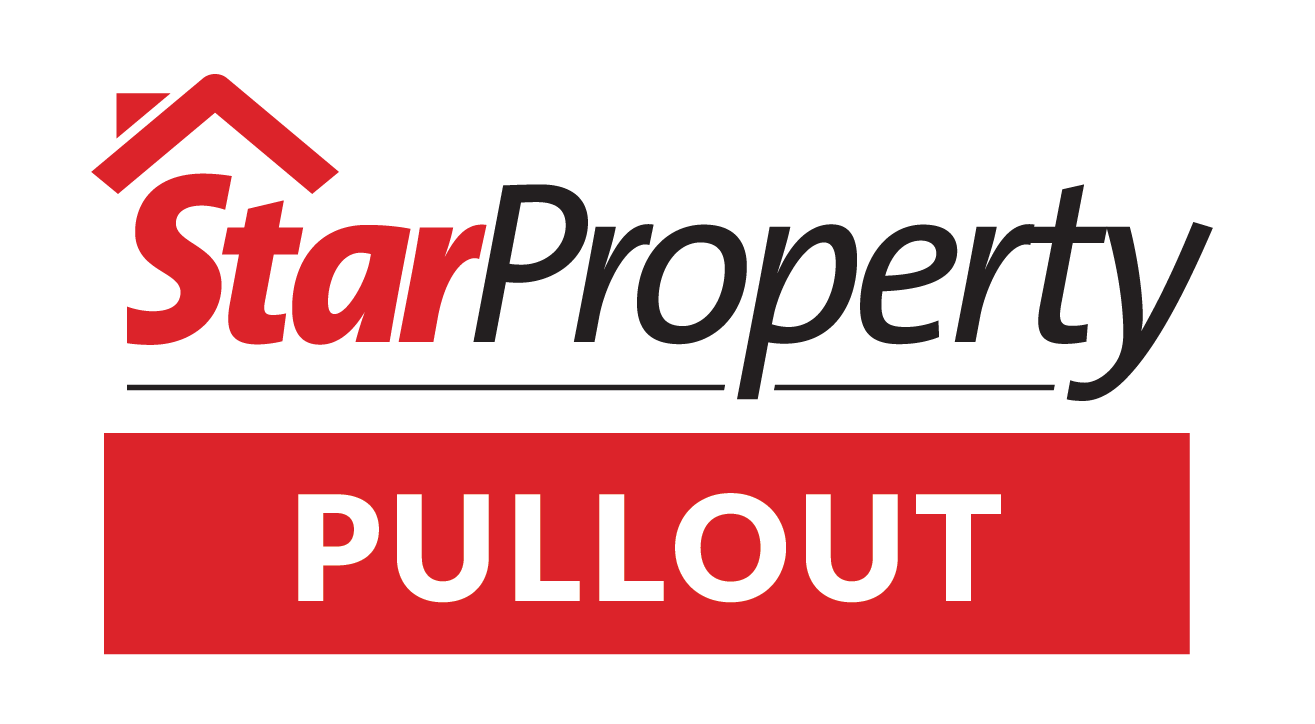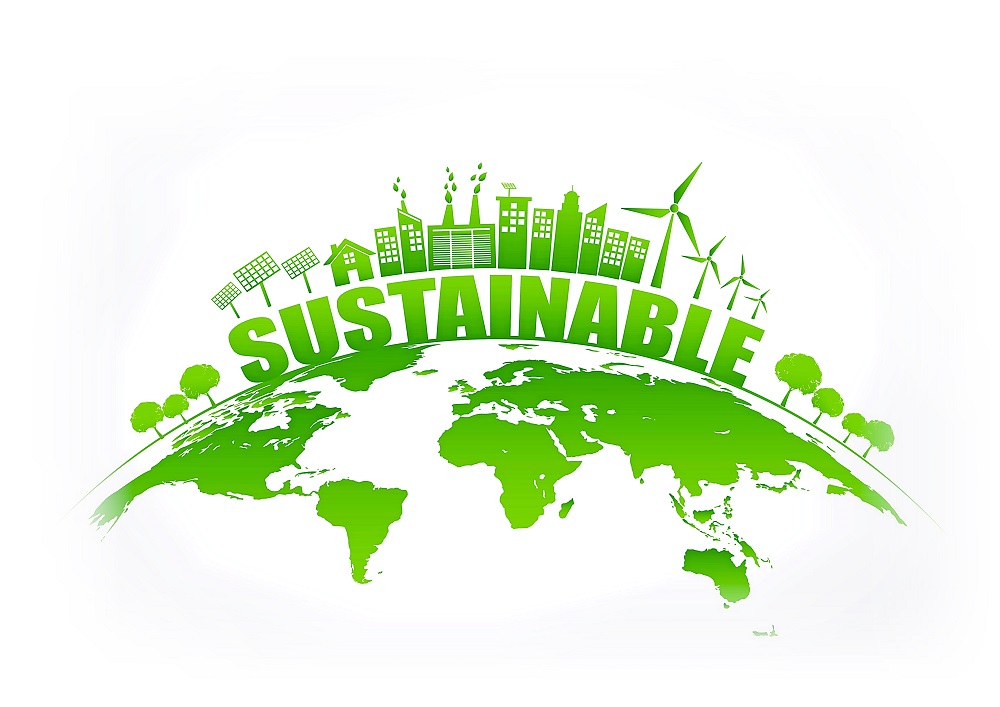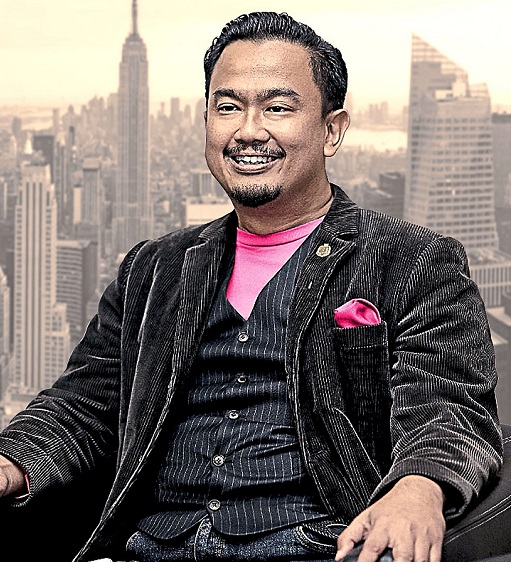Can sustainability and affordability go hand in hand?
Realising the dream of affordable sustainability is a difficult juggling act
By Joseph Wong josephwong@thestar.com.my
Factoring in all the hidden and unhidden costs of sustainable property developments, one could argue that sustainability and affordability are sitting on the opposite ends of the pendulum. In short, when it comes to sustainable development, you are paying for quality over quantity and quality always inadvertently costs more.
At least for now, theoretically speaking. In the future when sustainable property products fully become the norm instead of just a growing trend, the demand will increase and bring down the prices of goods in lieu of economies of scale. And hopefully, the increased usage of beneficial, sustainable products for the environment could translate to tax exemptions and benefits from the government as was experienced when electric vehicles were first introduced to the mainstream market.
Sustainable development from an environmental point of view is not necessarily unaffordable, but due to new and emerging technologies on energy conservation, be it water, heat or electricity, it is naturally more expensive than conventional construction and developments, said Association of Valuers, Property Managers, Estate Agents and Property Consultants in the Private Sector Malaysia (PEPS) president Michael Kong.
“As we progress and embrace green technologies fully, the cost of these methods, practices and technologies will eventually be lowered significantly,” he added. Thankfully, some things have come down in price like solar panels, insulation foam and synthetic roofing. Other technological advancements like lightweight concrete have also reduced the cost. While many cheaper innovations of sustainable materials have been introduced, their adoption into property construction is unfortunately somewhat at a slower pace.
Long-term savings
Fundamentally, an environmentally sustainable development should not cost more, said Universiti Malaya associate professor (industry) Sarly Adre Sarkum, adding that it should, in fact, save money due to reduced running cost and consumption. “This prevalent misconception is due to the fact that many companies want to push their technology products which cost more, especially if these technologies are imported. A massive amount of improvement can be obtained by considering passive design elements such as shading, orientation and ventilation. All this should be part of good architectural design,” he said.
GreenRE Sdn Bhd chief operating officer Ashwin Thurairajah agreed with Sarly. He explained that taking several design approaches could help in ensuring sustainability and the green initiative. “One example is correct building orientation to minimise east and west-facing facades. In a tropical climate, these are the sides of a building where most of the heat gain occurs.

Taking certain design approaches could help in ensuring sustainability is kept affordable, said
Ashwin.
“The reduction of heat gain into a building will correspondingly lower the size of the air-conditioning system required, thereby lowering upfront and operational costs. Cooling systems are responsible for 50% to 60% of the energy requirements of a typical office building.
“Another example is harnessing natural ventilation through cross and stack ventilation. As a minimum, building designers should implement natural ventilation or fan-assisted mechanical ventilation for all common areas of a building,” he said. Sarly was quick to point out that the Malaysian Institute of Architects (PAM) Centre is an excellent example.
“The association did not have a lot of funds to build their headquarters but still wanted to be rated GBI Platinum. Hence you can see that the maximum amount of ventilation, natural lighting, shading and such have been implemented. Air-conditioned spaces were reduced, and natural ventilation was given prominence. The building is one of the examples even at Platinum Rating, a building can still be affordable,” he said.
Ashwin agreed that working and living spaces should harness natural ventilation as much as practicably possible for more than one reason. The covid pandemic has highlighted the importance of effective ventilation in a building where proper flushing of air supply in our working and living spaces dramatically reduces the risk of transmitting the virus. There are many projects that incorporate sustainability philosophy in its construction and development, said Kong.

Developers have no incentive to be better if their non-sustainable properties are still selling like
hotcakes.
“I do not wish to single out any particular project as I believe the inception is only a starting point and not necessarily the primary consideration of any sustainable development. “The most important aspect of any sustainable development to me is its long-run continuity, that is, in terms of its management and maintenance upon handing over to the owners, occupiers and residents,” said Kong.
Green building best practices recommended by GreenRE should be applied across the board for all property types and will increase the value of the property, said Ashwin. Under GreenRE, buildings are assessed across several pillars, including energy efficiency, water efficiency, low embodied carbon materials, greenery provision and indoor environment quality. And buildings are then rated in four tiers based on their scoring across our framework, namely Bronze, Silver, Gold or Platinum.
Platinum rated buildings are the most efficient buildings in their class. The holistic approach to developing a green building transcends environmental performance and includes build quality and longevity of the design. The upkeep and maintenance of a building are equally important. GreenRE certification needs to be renewed every three years to ensure it is performing as intended.
Akin to a car that is not serviced, a green building that is not maintained appropriately will lose its value. It is important to note that there is more than one green and sustainable rating body in Malaysia, but they all ultimately look towards sustainability. And energy efficiency is one of the main pillars of green building certification. As 85% of the electrical grid in Malaysia is still fossil fuel-based, this is a key approach to lowering greenhouse gas emissions in the country.
Widening the scope
Kong said sustainability has always been viewed narrowly from an environmental perspective only. “However, I believe sustainability encompasses so much more than just environmental impacts, green practices and technology. Aside from environmental concerns, the social aspects of sustainability and livability must also be considered in any built environment as it affects the physical and mental health and well being of the occupiers in the long run,” he said.
Kong believes that sustainability practices will eventually be ingrained in the built environment due to growing environmental awareness, government policies, legislative framework and best construction practices. “Wherever possible, the 3R concept of Reduce, Reuse and Recycle will be implemented in construction technology. Projects that have well thought out designs in terms of environmental sustainability, cost savings and social livability will likely stand out and excel in values,” he said.
As the industry is better educated and awareness grows, all these sustainability features should be a staple of all types of buildings, said Sarly. But it is ultimately in the hands of the home buyers as they control the flow of revenue to the developers. The problem is that the buyers are not concerned enough. “For example, if you buy a single-storey terrace house, you need to make sure that it has an adequately insulated roof that will reduce the monthly electricity bill,” he said.
Echoing Ashwin, Early reminded that airconditioning a home makes up about 60% of a typical household electricity bill. “Yet do buyers check for this (insulated roofing)? No. Properties with minimal insulation are still sold like hotcakes. At the end of the day, the owner will need to fork out more money for the air-conditioning operating cost than a house with proper roof insulation,” he said.
Home buyers’ role
As home buyers, how can they contribute to bringing in a change? For one, make the switch and buy homes that utilise sustainable products. Individual purchases mean increasing demand. If home buyers leave it up to someone else to purchase such homes, there will simply not be enough people to get the job done. Eco-friendly homes will then remain at the same heightened price.
“Buyers’ acceptance and recognition would encourage developers to build more sustainable properties. However, in the long run, community participation would be the key to longterm continuity of any sustainable projects,” said Association of Valuers, Property Managers, Estate Agents and Property Consultants in the Private Sector Malaysia (PEPS) president Michael Kong.
Universiti Malaya associate professor (industry) Sarly Adre Sarkum added that it would make more sense for people to buy sustainable properties as they have better cost-savings, especially in the long run. Buyers need to be educated and their awareness increased to create stronger market forces that will shift the whole market towards better buildings, he said.
In short, developers have no incentive to be better if their nonsustainable properties are still selling like hotcakes. But they will change when their bottom line is affected, he added. Of course, any outside force that helps to shape the market should also come to play. An example of this is introducing policies that will encourage more people to buy sustainable real estate or encourage developers to go green.
Helping to encourage more buyers to take this step, GreenRE Sdn Bhd chief operating officer Ashwin Thurairajah pointed out that Bank Negara now encourages local banks to offer preferential mortgage rates for purchasers of green properties. “Several local banks including Maybank and CIMB have launched their own schemes,” he said.
Stay ahead of the crowd and enjoy fresh insights on real estate, property development, and lifestyle trends when you subscribe to our newsletter and follow us on social media.




